Speaking of lead-acid batteries, the first application we can think of is electric bicycles. In fact, according to its structure and use, the industry's lead-acid batteries are divided into four categories: 1, start-up 2, power use 3, fixed valve-controlled seal type 4, small valve-controlled seal type. As a Replacement Power Tool Battery Supplier, our method is mainly classified from the structural aspect, and we want to balance the use. It is difficult for non-battery practitioners to understand. If it is classified from the perspective of pure market application, it is better. Understand, according to this standard, lead-acid batteries are divided into two categories:
1. Main power supply, including: communication equipment, industrial equipment, power control machine tools, portable equipment;
2. Backup power supply, including: emergency equipment, communication base station, electronic switch system, solar energy system. This type of application has many intersections with the application of lithium-ion batteries. In terms of market capacity, this intersection is mainly concentrated on power batteries, such as electric bicycles and small passenger cars. In the field of power batteries, the main reason is the dispute between these two technologies. Therefore, we compare the difference between lead-acid batteries and lithium batteries in this field. Otherwise, the reference materials are uncertain, and the comparison is boundless.

The difference between the two is based on the performance of the material. The positive and negative materials of lead-acid batteries are lead oxide, metal lead and concentrated sulfuric acid. The lithium-ion battery has four components: positive electrode (lithium cobaltate/manganese) Lithium acid / lithium iron phosphate / ternary), negative graphite, separator and electrolyte, the main differences are:
1. The nominal voltage is different: single lead acid battery 2.0V, single lithium battery 3.6V;
2.The energy density is different: lead-acid battery 30WH / KG, lithium battery 110WH / KG;
3. Cycle life is not the same, lead-acid battery average 300-500 times, lithium battery up to more than a thousand times, from the two mainstream technical routes of lithium battery bicycle, the difference between ternary lithium battery and lithium iron phosphate battery is also relatively large, The discharge life of the ternary lithium battery is 1000 times, and the life of the lithium iron phosphate battery can reach 2000 times;
4. Charging mode: The lithium battery adopts the voltage limiting current limiting method, that is, the threshold value is given for both current and voltage, and the charging method of the lead acid battery is more. The main ones are: constant current charging method, constant Pressure charging method, stage isoelectric charging method and floating charge.
Our company offers Lithium Iron Phosphate Battery. Welcome to contact us.

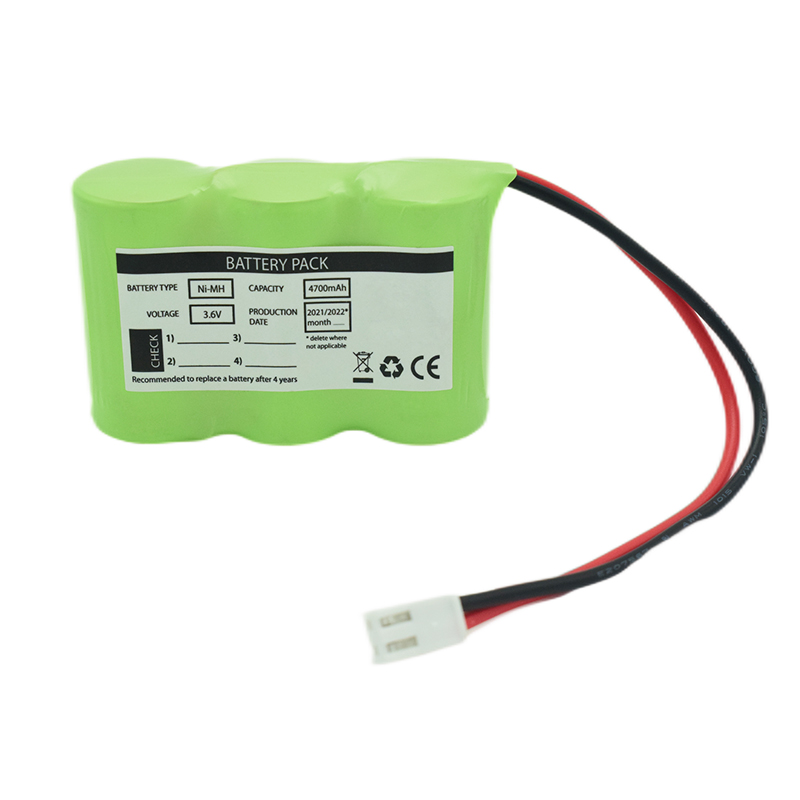 Ni-MH Battery C4700mAh 3.6V
Ni-MH Battery C4700mAh 3.6V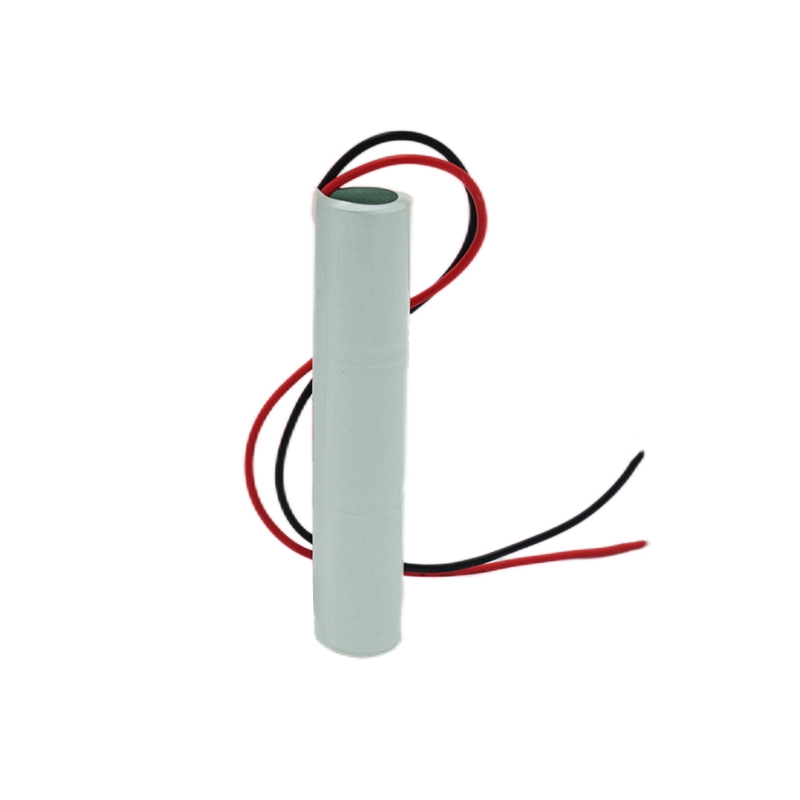 Nickel Cadmium Nicd Battery Pack SC1800mAh 3.6V
Nickel Cadmium Nicd Battery Pack SC1800mAh 3.6V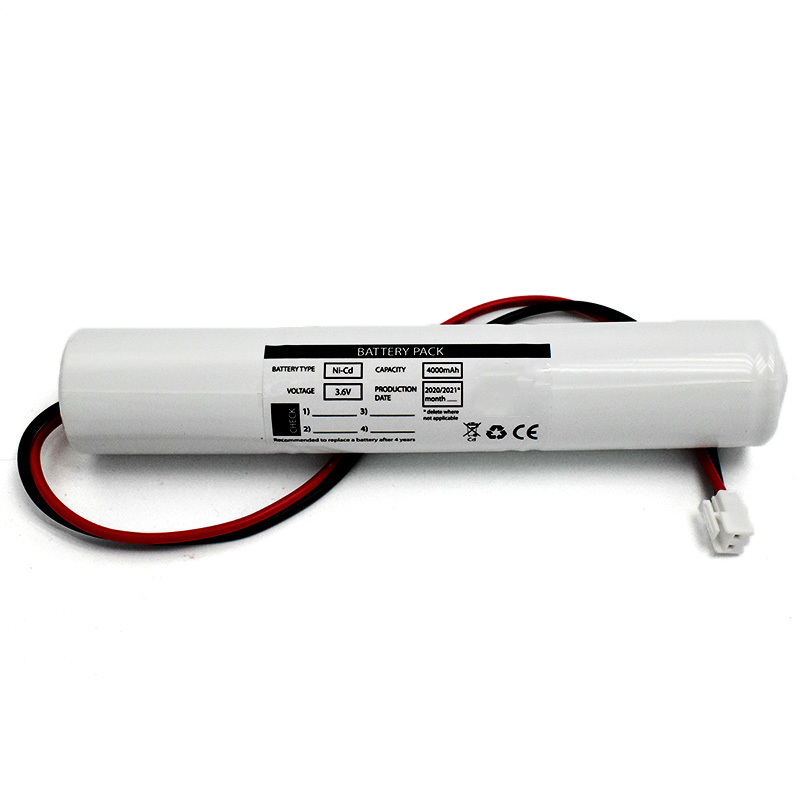 Ni-Cd Battery Pack D4000mAh 3.6V
Ni-Cd Battery Pack D4000mAh 3.6V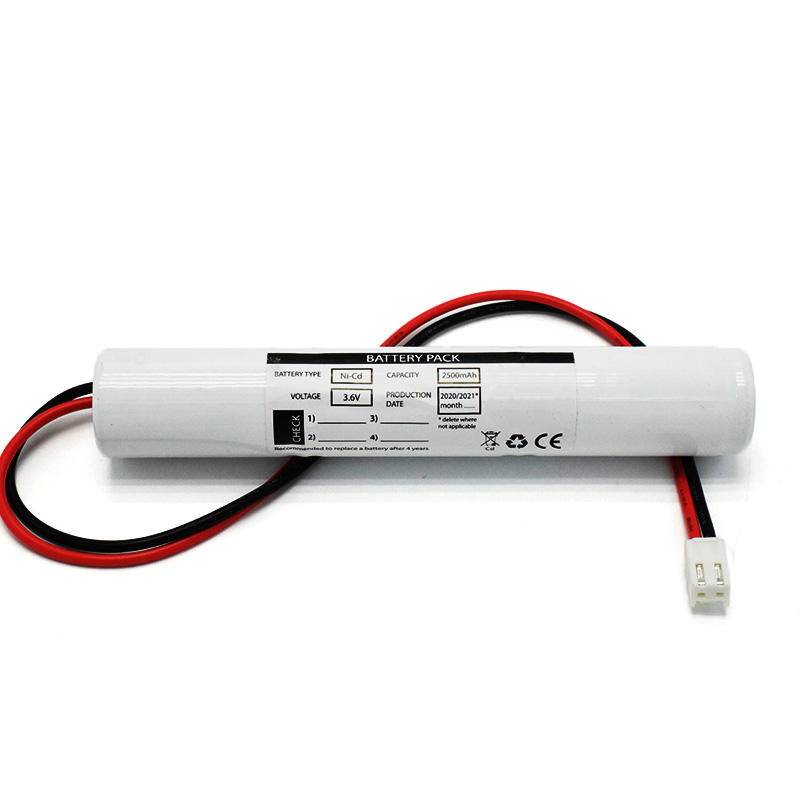 Ni-Cd Battery Pack C2500mAh 3.6V
Ni-Cd Battery Pack C2500mAh 3.6V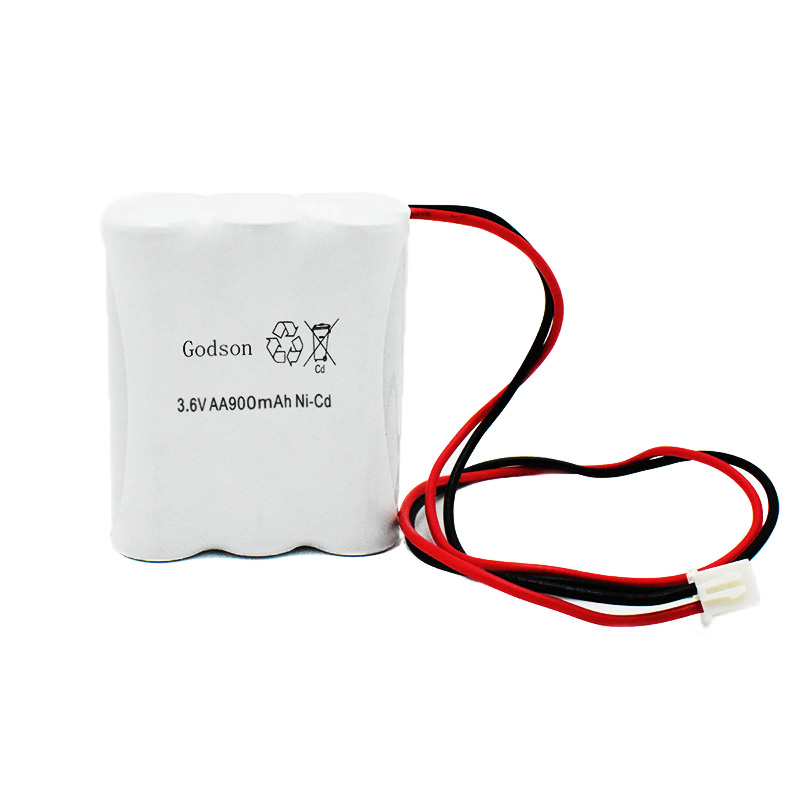 NICAD Battery Pack AA900mAh 3.6V
NICAD Battery Pack AA900mAh 3.6V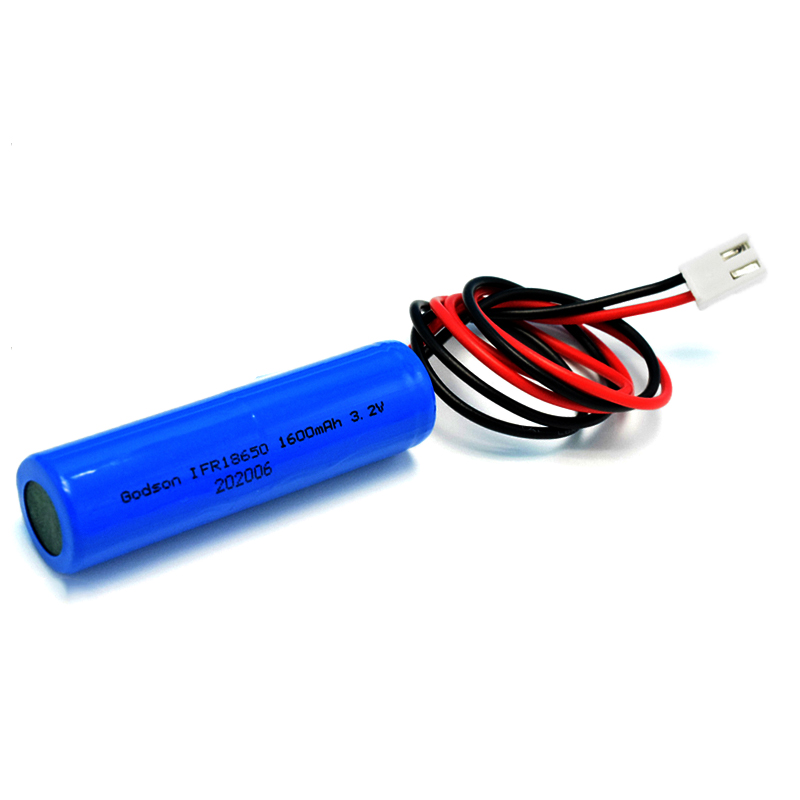 LiFePO4 IFR18650 1600mAh 3.2V
LiFePO4 IFR18650 1600mAh 3.2V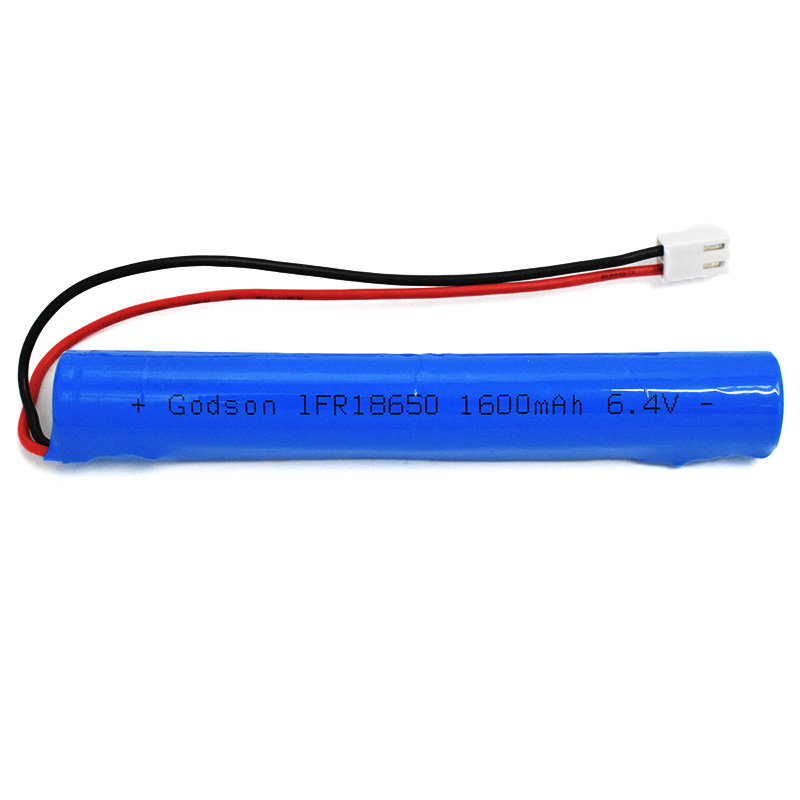 LiFePO4 IFR18650 1600mAh 6.4V
LiFePO4 IFR18650 1600mAh 6.4V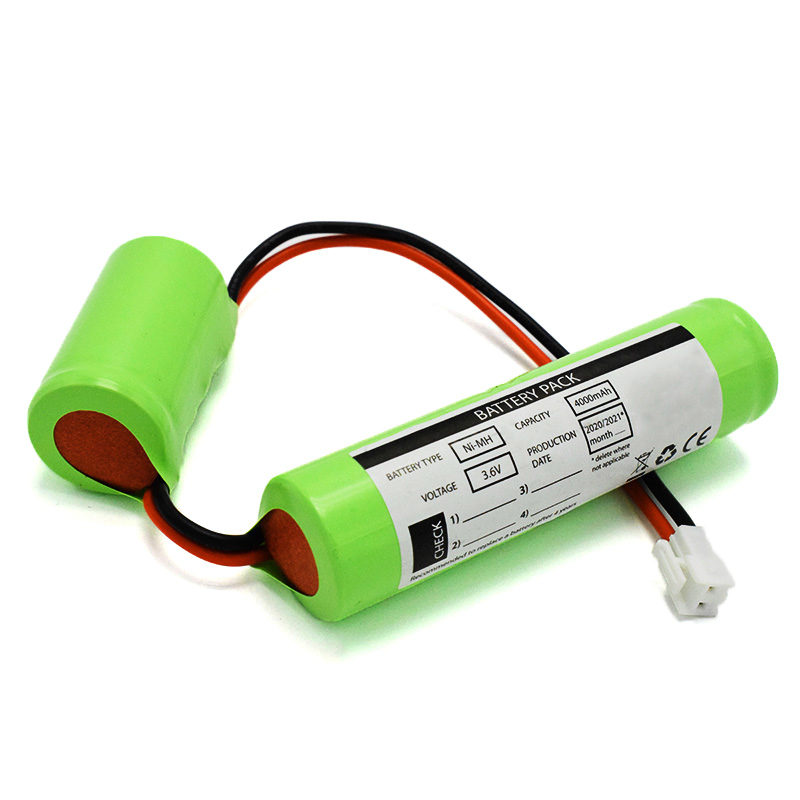 Ni-MH Battery C4000mAh 3.6V
Ni-MH Battery C4000mAh 3.6V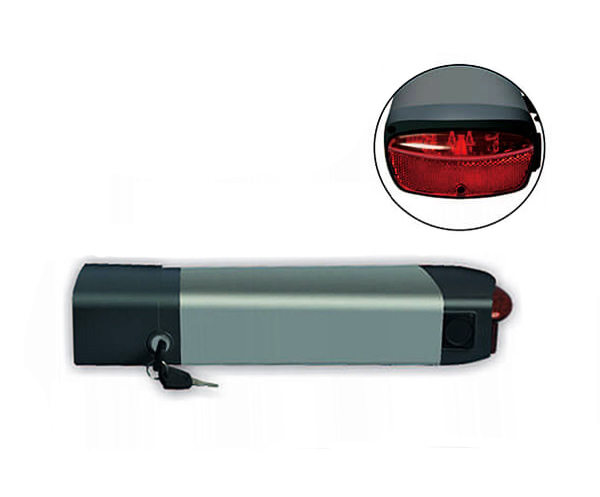 E-bike Battery 48V 10Ah JL-1
E-bike Battery 48V 10Ah JL-1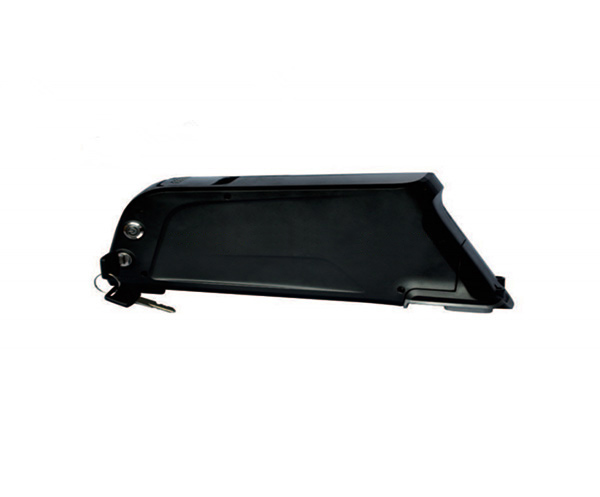 E-bike battery 48V 10Ah Qing Tian
E-bike battery 48V 10Ah Qing Tian